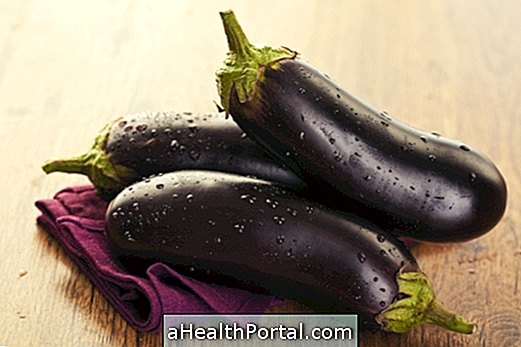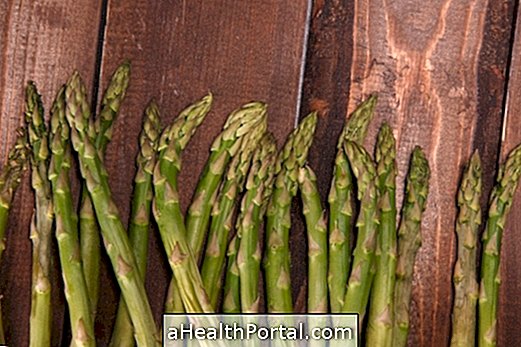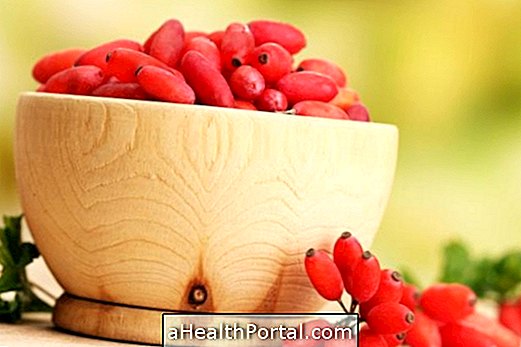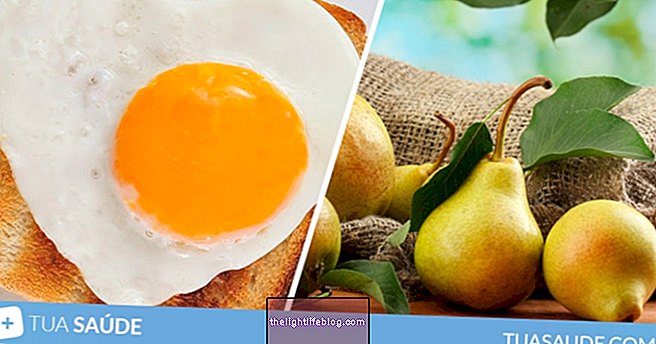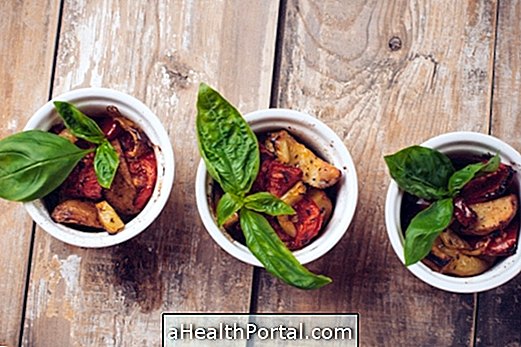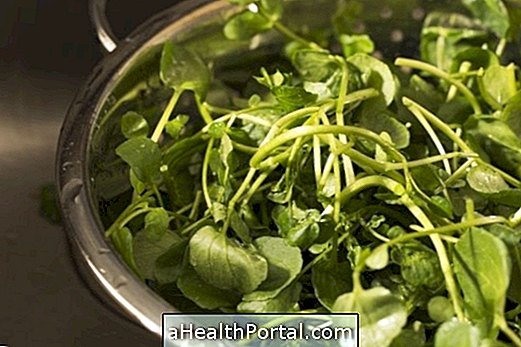Rice protein is widely used mainly by vegetarians as it is a protein rich in essential amino acids, which are only obtained through food. Having a high protein diet is important for maintaining various functions in the body, such as stimulating the production of muscle mass, strengthening the immune system, preventing anemia and maintaining healthy skin and hair.
Thus, the consumption of rice protein supplement brings benefits such as:
- Stimulate hypertrophy, because it brings amino acids that favor the gain of muscular mass;
- Be rich in vitamins and minerals as it is made from brown rice grain;
- Being hypoallergenic, reducing the chance of causing allergies and intestinal irritation;
- Improve intestinal function by being rich in fiber.
Because it is hypoallergenic, rice protein can be used even by people who are allergic to milk and soy protein, two foods that normally cause allergies.
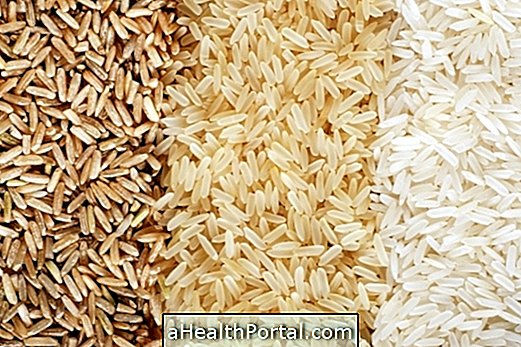
How to use
Rice protein can be used in the post-workout to stimulate hypertrophy or to enrich any other meal of the day, giving more satiety and increasing the nutritional value of the diet.
It can be diluted in water, milk or vegetable drinks such as coconut milk or almonds, or added in sweet and salty recipes such as vitamins, yogurts, cakes and biscuits. In addition, rice protein can be found in versions without flavor or added with aromas such as vanilla and chocolate.
Nutritional information
The following table provides nutritional information for 100 g of powdered rice protein:
| Nutrient | 100 g of rice protein |
| Energy | 388 kcal |
| Carbohydrate | 9.7 g |
| Protein | 80 g |
| Fat | 0 g |
| Fibers | 5.6 g |
| Iron | 14 mg |
| Magnesium | 159 mg |
| B12 vitamin | 6.7 mg |
To increase the protein content of the diet, see a complete vegetarian menu rich in protein.
